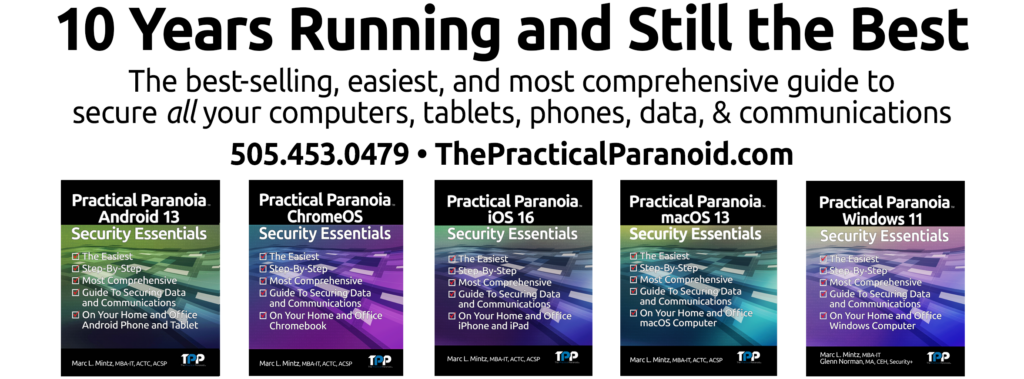
As reported in the Wall Street Journal March 14, 2023, the FBI has just announced that in 2022, Americans lost $10.3 billion to online scammers. This is up from $6.9 billion in 2021, although the total number of complaints in 2022 was slightly less than in 2021.
The FBI’s Internet Crime Complaint Center (IC3) received more than 800,000 complaints. The largest number of complaints – 300,000 – were for phishing expeditions. Phishing is typically unsolicited email, texts, or phone calls, claiming to be from a legitimate company, requesting your personal or financial information.
HOW TO PROTECT YOURSELF
SIGNS OF A SCAMMER
- Claim to be from an organization you know, government agency or commercial business.
- Suspect call: Current technology makes it easy for a scammer to fake a caller ID, so don’t trust what you see on your phone. Instead, ask for the full name of the caller, and what office they are located. Then visit the website for the main number, call it, and ask to be transferred to that local office to speak with the caller.
- Suspect email: Current technology makes it easy for a scammer to fake their “sender” email name. Same rules apply as for suspect phone calls.
- Suspect text. Ok, I don’t care to repeat myself (too much), Same as above!
- Claim there is a problem or reward/prize.
- This always requires that you provide some personal information so you can be sent the refund, or to resolve the “problem” with your account. Don’t buy it. Instead, look up the organizations main phone number, call, an inquire if there is actually an issue that needs to be addressed.
- Claim that the issue requires IMMEDIATE attention.
- This is perhaps THE indicator of a scam.
- Claim that you must pay in a specific way.
- This is almost always via cryptocurrency. RUN from this.
HOW TO AVOID A SCAM
It may be impossible to completely avoid being scammed, but you can make yourself a more difficult target.
- Block or filter unknown callers and texts.
- If there is a real issue, they will find an alternate avenue to communicate with you, such as a letter.
- Don’t give out personal or financial information.
- This includes your address, social security number, banking information, mothers maiden name, credit card information, etc.
- Take a breather.
- There will not be a situation where you just must respond immediately. You always have the option to call the main office to verify the issue, or to discuss the situation with a friend or loved one.
- If you suspect a scammer, contact the Federal Trade Commission at ReportFraud.ftc.gov.




